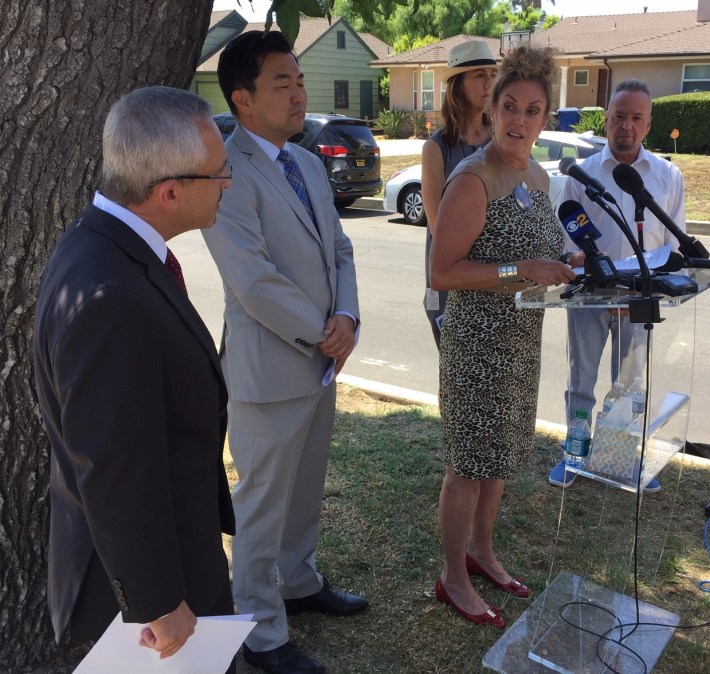A wave of new residential construction projects in places like Seattle, Boston, and Miami are showing that, yes, modern American cities can build housing without any car parking on site.

Officials in Boston gave their approval last week to what Curbed called the city's "first big-time parking-less condo," a 175-unit project named Lovejoy Wharf. The "plan was met with disbelief in some quarters," according to Curbed, but the city's redevelopment authority approved it unanimously.
Portland developers have been building housing sans parking for a few years. Last summer, NPR reported that about 40 percent of Portland's under-construction housing was parking-free. Portland's zoning rules have allowed zero-parking developments since the aughts, but builders and lenders weren't pursuing that type of project until recently, the Oregonian reports. Unfortunately, the city pulled the rug out from under parking-free housing this summer, responding to car owners who feared increased competition for curbside parking spots. Portland's new rule requires some parking in apartment buildings with more than 30 units.
Meanwhile, other cities are marching ahead. In Seattle, parking-free housing developments are becoming more common. Mark Knoll, CEO of Blueprint Capital, led the development of a 30-unit building with no parking in one of the city’s “urban villages.” These designated areas, chosen for their walkability and proximity to transit, have special zoning rules that allow Seattle developers to forgo parking. These relaxed parking requirements were set in motion by Washington state’s Growth Management Act in the 1990s, which was intended to combat urban sprawl. Since the new zoning rules came online in Seattle in 2010, between 20 and 30 parking-free projects have been developed, Knoll estimates.
Car parking is expensive: Each space in a city garage costs tens of thousands of dollars to build and hundreds of dollars annually to maintain [PDF]. Eliminating on-site parking brings down the cost of apartment construction between 20 and 30 percent, Knoll estimates. That makes it possible for developers to deliver more affordable housing. Knoll's California Avenue development, for instance, is targeted at people making 60 percent of the area median income, or about $15 per hour.
"There’s been quite a few developments [of this type] and they’re quite popular," said Knoll told Streetsblog. "There’s a waiting list for these types of housing."
Parking-free housing is attracting buyers at the upper end of the spectrum too. Luxury apartments and condos are now appearing in cities like Miami and Portland without any car parking. Miami's under-development, 352-unit Centro Lofts will have just five Car2Go spaces, covered bicycle parking, and a space for a future bike sharing station. No storage for private cars. That doesn't seem to be hurting demand, according to the Miami Herald:
If you think this sort of thing won’t fly in auto-centric Miami, guess again. Half of Centro’s 352 units are sold even though the building hasn’t broken ground. Prices start at $220,000 and top out in the mid-$400,000s.
“These types of projects are really the wave of the future,’’ Oscar Rodriguez, the developer, told the Herald.





